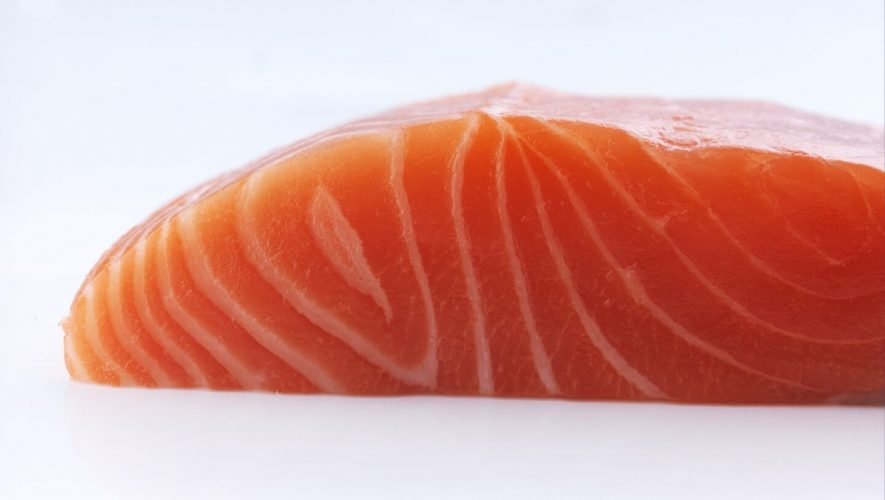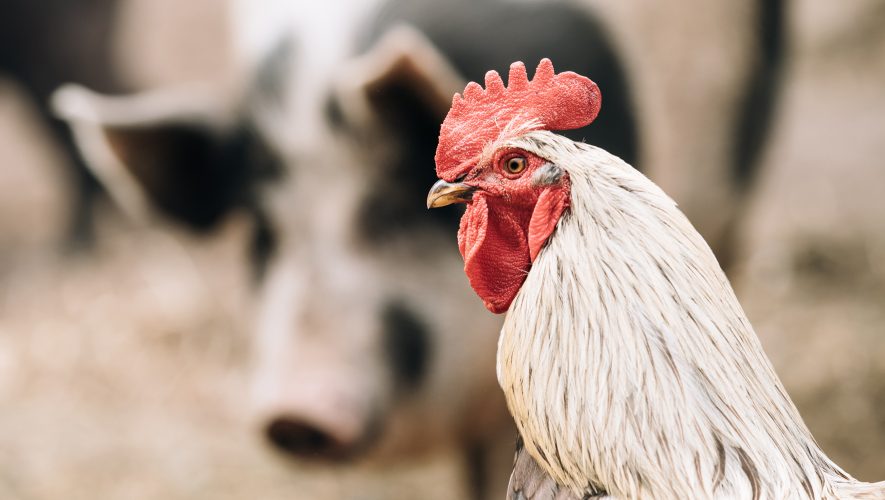In Singapore, where each person consumes an average of 21 kilogrammes of seafood per year, nearly half of the respondents (47 percent) indicated a preference for Norwegian seafood and salmon over that of other countries. This was echoed by consumers in Taiwan (45 percent), Thailand (36 percent) and Malaysia (35 percent).
Three Norwegian seafood companies have ranked in the top 10 of the Coller FAIRR Protein Index – a list of the world’s most sustainable protein producers. Norway’s Mowi, the world’s largest salmon producer, reigns at the top of the list for the second consecutive year. The index looks at how the world’s 60 largest publicly listed meat, dairy and seafood-producing companies perform on various sustainability risk factors including greenhouse gas emissions, deforestation, use of antibiotics and labour conditions. Its primary purpose is to support investors in making decisions taking sustainability into account, while enabling companies to benchmark against their peers.
Companies from Norway, which is recognized as a leader in aquaculture, have ranked highly in each of the three years the report has been published. This will come as no surprise to consumers in Southeast Asia, where consumption of Norwegian seafood continues to increase. According to the Norwegian Seafood Council’s Seafood Consumer Insight 2020 study, several countries in the region expressed a clear preference for seafood products from Norway.
Amid growing food security and sustainability concerns globally and a local agriculture sector plagued by problems such as overfishing, unsustainable farming methods and food wastage, sustainable sources of food and protein – such as Norwegian seafood – will be particularly important in feeding Southeast Asia’s ever-growing population. Speaking about the positive recognition for Norway’s companies and their methods, Renate Larsen, CEO of the Norwegian Seafood Council, said: “There is little doubt that Norwegian aquaculture is among the most sustainable food production there is, and the industry is continually working to further evolve and advance in a sustainable way. Eating more seafood is a good way to reduce our climate emissions, and Norwegian salmon companies are leading the way in sustainable protein production.”
Norwegian salmon lead the way on the elimination of antibiotics. One key area where Norwegian aquaculture bucks the trend found in the Coller FAIRR report is on the use of antibiotics in production. Many protein producers use antibiotics to help animals achieve higher slaughter weights, and as a preventative measure to help support against disease caused by unhygienic and crowded conditions in slaughterhouses. Whilst the use of antibiotics has been all but eliminated in Norwegian salmon farming, 70 percent of the companies in the index, and all companies producing beef or dairy, have been ranked as “high risk” for antibiotic stewardship. “Norway has never produced more salmon than in 2019, yet the use of antibiotics continues to drop. This is the result of strong focus on fish welfare and food safety in the industry, and we are proud to say Norwegian aquaculture is the best in the world when it comes to antibiotics use in animal food production,” added Larsen.
Meat and dairy play catch-up
Whilst the Norwegian seafood companies represent the positive end of the scale, the report points out that 86 percent of the large meat and dairy producers have not set meaningful targets for how to reduce emissions, emphasising the potential of seafood to meet future dietary requirements in a world where population and life expectancy continue to increase, yet land mass does not. “If global animal agriculture was a country, it would be the second-highest emitter of greenhouse gases. FAIRR’s data shows three in four global Meat and Dairy giants are hiding the full extent of their climate emissions or failing to set meaningful targets to reduce them,” says Jeremy Coller, founder of the FAIRR-network.



